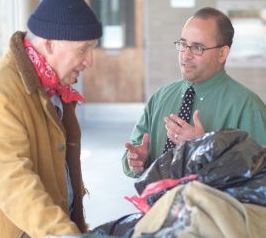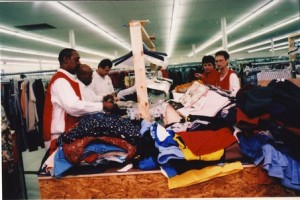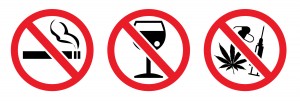Organizing the Addiction Counseling Process – Part 1
Part 2 | Part 3 | Part 4 | Part 5
In the past thirty years of my work, I have had the opportunity to visit many facilities that help the homeless. When I see a man in a recovery program I like to ask, “How is he doing?” I usually just get a pat answer like, “Well, he’s been with us for six months.” The problem with this answer, of course is that a sober, healthy lifestyle is not automatically picked up just by hanging around the mission for a certain length of time.

The only way to really know is by keeping accurate written records that show how we are meeting the individual needs of the people in our programs. A formal needs assessment process is needed. The information that is gathered provides the foundation for a written recovery plan (or discipleship plan). The purpose of such a plan is to help program people think through their options, to identify their own needs, and to determine which specific actions they must take to get their needs met. To ensure maximum “buy in,” the plan should be developed with lots of input from counselees themselves.
Organizing the Addiction Counseling Process – Part 1 Read More »



 For Christian programs that work to help addicts, the primary goal is to help them to become integrated into two vital communities — the Church and the recovery community. If our goal is truly to work ourselves out of a job, then we must make sure we are spending enough time and energy preparing our clients for life after our programs. If we don’t, we have done them a great disservice. No matter how success we are with newly sober clients, they will still leave or programs as struggling baby Christians. We must be sure that these new believers knows where to find help when they experiences struggles, even 2, 5, 10 years and more in the future, no matter where they live.
For Christian programs that work to help addicts, the primary goal is to help them to become integrated into two vital communities — the Church and the recovery community. If our goal is truly to work ourselves out of a job, then we must make sure we are spending enough time and energy preparing our clients for life after our programs. If we don’t, we have done them a great disservice. No matter how success we are with newly sober clients, they will still leave or programs as struggling baby Christians. We must be sure that these new believers knows where to find help when they experiences struggles, even 2, 5, 10 years and more in the future, no matter where they live.




